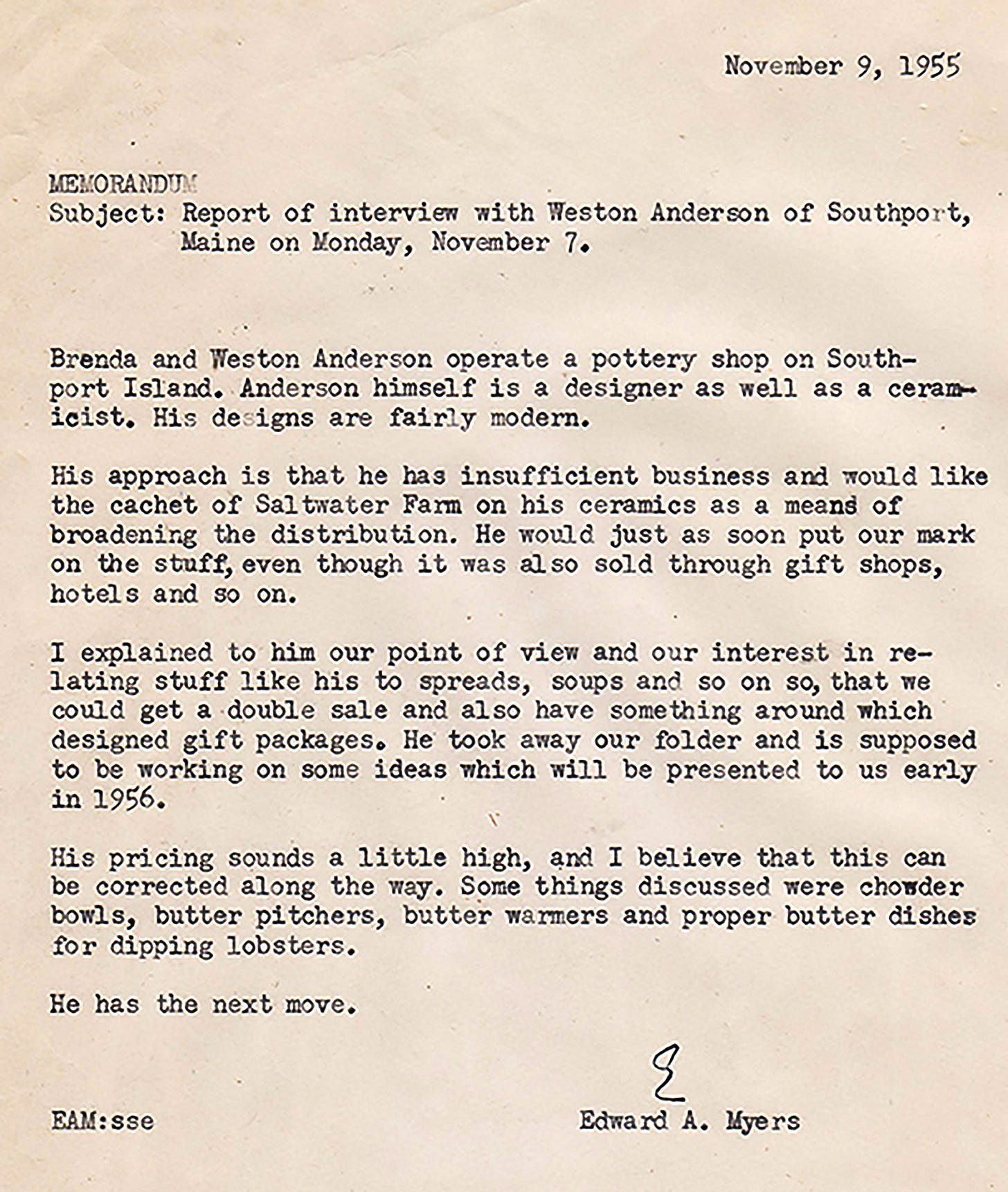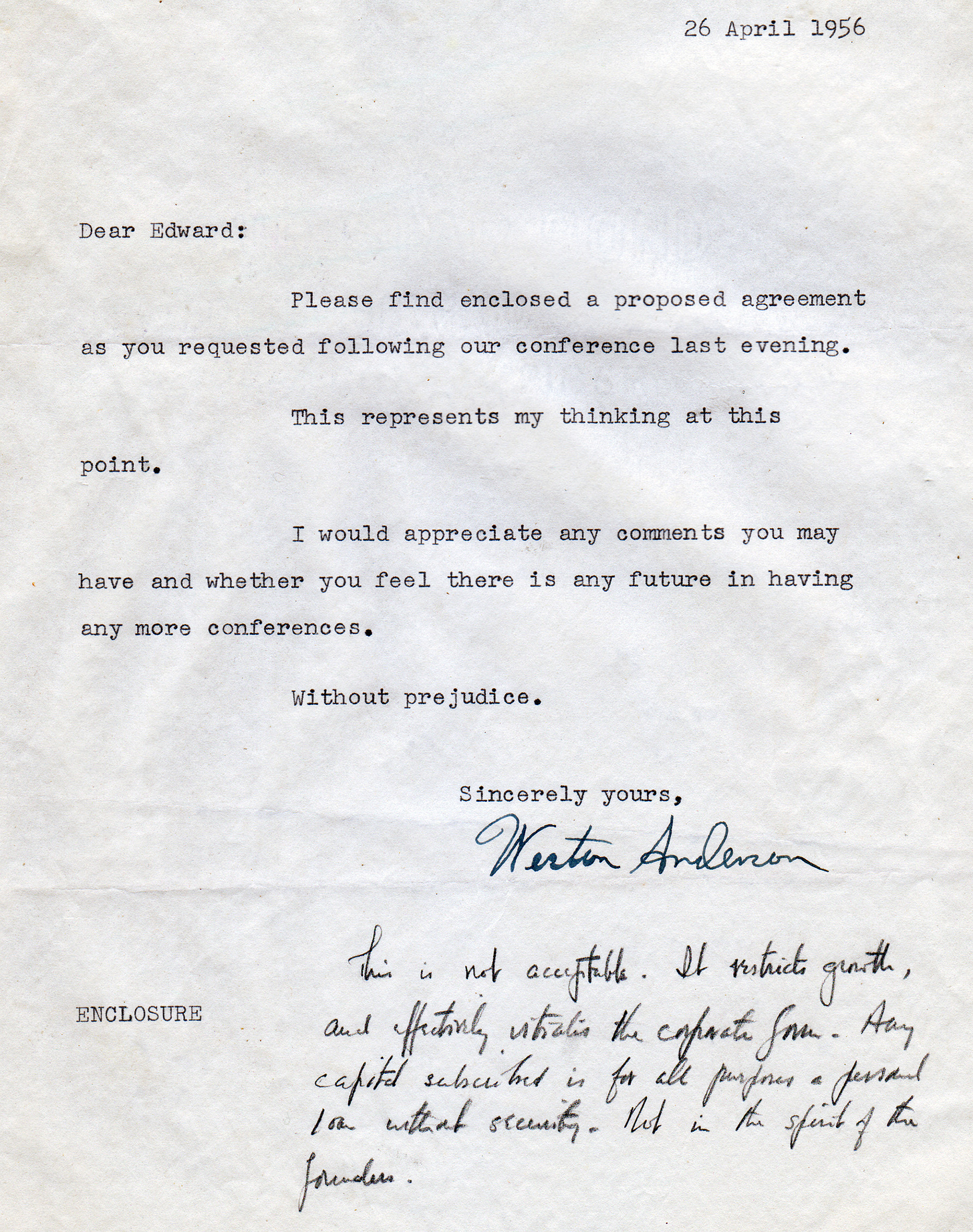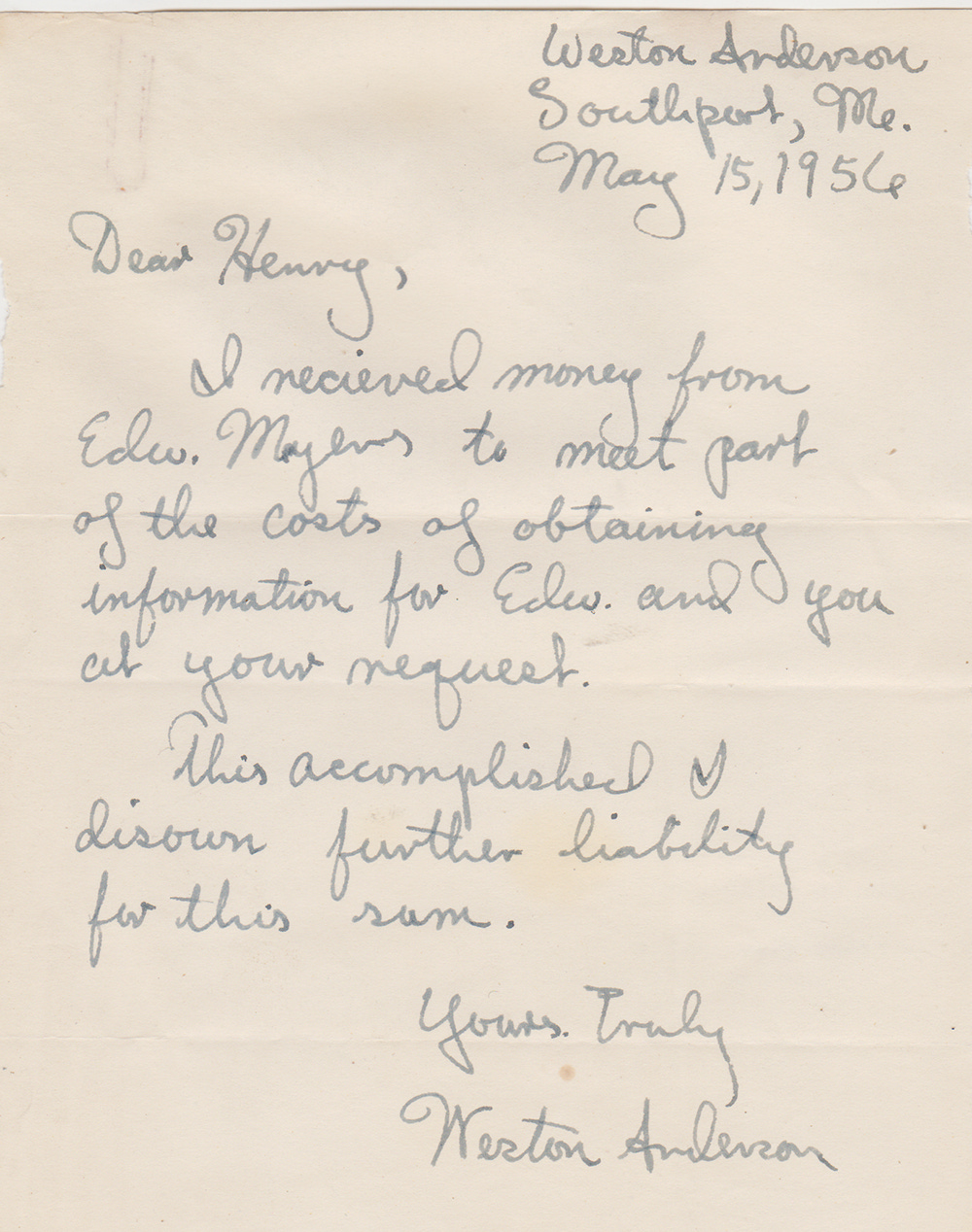A Twist of Fate Unearths a I950s Time Capsule!
revealing that nothing has changed in politics, merely evolved!
Recently I received a request for a donation from the organization that I had approached for a donation for my fiscally sponsored project, only to be told to apply for public charity instead, an inappropriate and unsupportive response to request for a tax-deductible donation.
As an individual who is fiscally sponsored, it is difficult to get past the first steps since help forums are geared toward established organizations. New organizations emerge from the individual who is not represented within the existing structure. I had the idea that I might find support for the first stage locally but my current impression is that our local organizations are centrally managed, top-down, by the state.
Now I am looking at the organization’s donation request. It says the organization helps people to help themselves. No, that is where they draw the line. The first thing the organization did when I encountered them years ago when we lost our home that housed our business was to wipe our income off our profile because we were a business in a home, a lifestyle and sector of the economy that the organization does not acknowledge.
The organization helps people and deserves your donation but its purpose does not include helping people to raise their economic status, which is foundational to my definition of helping people to help themselves. That is what my fiscally sponsored project is about, but the organization would not engage my ideas, deleting my fiscally sponsored status from my identity, along with the productivity assets I inherited and the long history of the business in a home, Andersen Design, in which I was raised, assets which not only help me to help myself but have the potential to help others as well. Everything that individualizes my identity was erased from my profile by the organization. How does that help me, or anybody, to help themsleves? To help ourselves, first, we must establish that we individually exist, and that is something we have to fight for in this day and age.
I opened the folder and saw that it listed many other organizations under its umbrella but none of them support grassroots economic development. If my project were included, then the organization could say that they help others to help themsleves, as a local grassroots organization, which is how the organization presents itself. Why can’t they come up with a promotion that reflects what they actually do based on the organizations that they support instead of making misleading statements? Support them, but if you want to support helping people to help themselves make a contribution to this newsletter or to my fiscally sponsored project on The Field.
Starting a ceramic design and slipcasting business is not easy. It took fifteen years of living on the edge to establish Andersen Design on a comfortable economic foundation that allowed my parents to send me to Pratt Institute in 1966, but the productivity assets created by Andersen Design can make it easier for others to get started if I can properly situate and enhance those assets. It won’t be easy but the most difficult challenge besides funding is navigating people-to-people relationships and creating new forms of relationships.
About 68 years ago my father tried to create a new form of relationship when he approached a more established local business with a concept for a business-to-business collaboration that involved Dad designing a table-top line that could be sold in conjunction with a food product as a gift package. After the negotiations ended without the project coming to fruition, someone gave Dad the file of the correspondence between the two partners with whom Dad was negotiating, including letters that Dad wrote to them. These letters sat in a box with other papers until I came across them a few days ago. What a twist of fate it was to open a time capsule that my father had buried in this box of papers, connecting 1956 to the present moment in time.
The first letter I picked up was addressed to my father, written by Henrty X Jackson, begins with harsh words
Dear Weston, ( it is the only instance that I have come across where these gents refer to my father by his first name )
I received a copy of the agreement you propose between this corporation and WNA. I’ll answer your last question first; I do not feel there is any future. in holding further conferences. The incredibility with which I read each succeeding paragraph turned first to a slow burn and finally to a lasting impression that you have either found other means of financing your project or are an incredibly naive business person, or believe me to be so.
When first encountering these words, I did not have knowledge of the entire series of correspondence but I know my father was not an unreasonable man. My father approached the partners as a working owner of his own company and owner of the means of production for creating and making ceramics. When Dad proposed a business plan, he worked from the inside (working process) out. The two partners would not have that level of industrial knowledge nor the industry contacts from the top of the field that my father brought to the project, and the correspondence reveals no understanding on their part of the significance of Dad’s New York contacts. My father’s background included a degree in industrial design from Pratt Institute, a stint as Dean of the Akron Art Institute, and being raised on a farm, which is a small business in a home. All the partners saw was a man struggling to get a business off the ground. If Mr. Jackson was burning up reading the proposal, it might have been because he was confronted with industrial knowledge beyond his own level that threatened his perceived superiority based on economic status.
There is a dichotomy between the two possibilities projected by Mr Jackson- either my father found another way of financing the project, which acknowledges the viability of the project, or my father is “incredibly naive” contradicting the viability of a project that could attract other means of financing.
The letter goes on to say:
I’m not sure what purpose will be served by listing the objectionable features of the agreement, other than to help you in any future negotiations you have.
The implication here is that there are greater objections beyond what Mr. Jackson proceeds to list in the remainder of the letter, and the only good of articulating them is that it might inform Dad’s understanding- so no point in doing that! It would also be a more mature and professional response to a proposal.
The file contains letters between the two partners in response to Dad’s proposal but they never go into greater detail about the other objections as one might expect if the terms of the agreement are so objectionable that they cause Mr, Jackson to go into a slow burn. I do appreciate the honesty with which that imagery is evoked as I believe it informs the emotional state of responses that I have received as well.
The next sentence is:
The entire agreement is quite unrelated to any previous discussions we have had, and I feel a bit of bad faith on your part during such discussions.
During the entire discussion found in the series of letters, the partners never discuss paying Dad, short of financing a trip to Boston and New York, but they plot to demand a return of the funds if the project does not materialize. Dad does not know this until l later when Mr. Jackson asks Dad to return the money paid to him for work Dad has already done. Is the “ bit of bad faith on your part” a projection of Mr. Jackson’s guilt? Or is Mr, Jackson just picking up on Dad sensing the play that is in the works before it is presented to Dad?

In the first letter in the series, Edward A Myers, the other partner. discussed the benefit that Dad’s designs will bring to their company wherein Mr. Myers says “He would just as soon put our mark on the stuff”

The pricing is a little high and needs to be corrected, says Myers. My Dad designed a system of ratios of all costs in the business that he used as an aid in determining prices. I wonder how Mr. Myers arrived at the “correct” price, without having access to such information.
My parents began developing the concept Andersen Design brand early on as shown in the product brochure which is in the file with a handwritten note explaining wholesale costs. Note the Ohio address. They moved to Maine in 1952.
Branding was probably a negotiating point for a limited series of designs that WNA would develop for the project, but later in the letter of rejection, Mr. Jackson says this:
Nowhere and at no time did we discuss the possibility of limiting your design and management to a specific list of items. In effect, this says you are to be paid for your designs already completed on a continuing basis with no responsibility for improvements or new developments - which is ridiculous
Not ridiculous- it is called residuals
re·sid·u·al
a royalty paid to a performer, writer, etc., for a repeat of a play, television show, etc. Dictionary.com
Were the two partners expecting that they would own everything that Dad designed for life?
The letter goes on to transform my father from an independent owner of his own business to an employee of the corporation owned by the two partners- with no mention of a contractual agreement to pay my father as their employee. How could Dad be their employee when they did not possess a facility for making ceramics? Dad is the owner of the means of production (facilities).
The concept that any reasonably intelligent person will sign over corporate business decisions to the “sole judgment” of any employee is unthinkable. We have constantly stressed the importance of equal voice.
Dad didn’t have a voice in the business decisions of the partner’s corporation but he and my mother did have the “sole judgment” of the business decisions of their own business and approached the partner’s corporation as a business-to-business relationship.
Dad’s cover letter simply states that “this is my thinking at this point” and that comments are appreciated. “ Is it the words “It’s my thinking” that ignites Mr Jackson into a slow burn? Mr. Jackson’s comment removes the entire conversation from a reality-based context into one he can accept in his own mind, Dad as his employee, no longer an independent business owner, so that Dad can no longer follow through on his own thinking but must instead submit to the supervision by partner’s corporation.
In my observation, the will to control personal freedom is at the heart of most societal opposition to grassroots free enterprise entrepreneurs who are seen as independent of the hierarchical order that conditions the larger society. Those guys are making up their own minds while inside the grid we are conditioned by a system that prevents us from following through on our own individual insights. ”Equal voices”? Code for non-distinct groupthink? Interacting with these organizations often feels like your own clothing is taken away as one is given a pair of striped pajamas to wear to make all persons “equal” and non-distinct.
However individual thought is the root of innovation. Therein lies the contemporary dilemma.
While the terms of the agreement are not found in the file, my father’s sketches used to develop the terms are. This sketch shows that he reasonably believed that he could get Eva Zeisel involved but he also needed his own investment funds to balance Eva’s investment, or that is how I am interpreting the note in the lower right corner. The sketch indicates that the partner’s corporation is but one component of a larger idea. Dad’s thinking is that of an industrial designer, designing an industry. The two partners never mentioned Eva Zeisel and were likely not cognizant of what was going on in midcentury design nor who the most prominent players were. Eva Zeisel was at the top.

The letter ends with this:
No, Weston. I’m afraid there is no ground to meet on. I say this without rancor, but with keen disappointment, for all the ingredients were there for a successful venture, with the possible exception of mutual confidence. I wish you every success in your undertaking and have enjoyed at least the artistic side of your presentation
Having read the correspondence between the two partners, I find the above statement disingenuous as the correspondence displays a mocking tone toward Dad, throughout. Given that the partners thought they could take back money paid to Dad for his work on the project, bad faith in these partners would be appropriate. Despite the merits of the project, it was better not to continue further involvement with such partners. Respectful human relationships are key to a viable partnership.
After refusing to interact with Dad’s proposed terms of the agreement, Jackson sent a letter asking for the return of the fifty dollars he had paid Dad to partially finance the trips to Boston and New York. Dad refused to own the liability.
What the partners wanted was for my father to be their employee so that their corporation could own the intellectual property rights to anything that he created. This is what corporations and educational institutions want today as well. They want employees to work at headquarters owned by public-private partnerships and seek to develop methods to promote a sense of psychological ownership among the workforce to encourage workers' self-esteem in their own capabilities to create and innovate successfully (psycap), within the context of the means of production materially owned by public-private shareholders.
The act of removing the real context and replacing it with something else is more common in practice than anyone will say. In Dad’s dealings with the partners, they substituted the real-world context in which Dad owned his own means of production with a delusional context in which Dad is their employee. “Psychological ownership”, is a delusional swap in the opposite direction. In a real-world context the means of production are owned by the corporation and its shareholders, psychological ownership attempts to displace the real context with a delusion of ownership among the workforce to encourage the workforce to implement their psycap in service of the enterprise, owned by others.
Why is this? Because ownership of one’s self matters and ownership of the means of production reinforces a sense of ownership of one’s self, allowing the individual to be self-directed, which is what most people really want to be, and when the people can be what they want to be, then they can be all that they can be- the owners and directors of their own psycap.
Still, we interact in spaces that are not our own, but when people experience a healthy degree of self-direction, they are more apt to respect other’s rights and opportunities to be self-directed. But when people are consistently stopped from following through on their own thinking, they grow to resent others who have such freedom, That is why there is so much antagonism toward the grassroots free enterprise sector, and why support organizations for that sector are needed to bring about a change in psychological dynamics associated with centralization and decentralization.
The project never materialized but in the next decade, the First New York Gift Show took place my parents were in it and thus they were able to build their own distribution network made up of small shops, large department stores, museum shops, and catalogs. They kept their independence and hands-on engagement in the work process.
Today I look at my father’ sketch of the ceramic industry he envisioned and I see my own idea of a network of small independently owned studios linked together with local museums that also serve as meeting places and as fiscal sponsors of debt-free funding opportunities to small entrepreneurs, that beats the “debt free equity capital” that Longely’s board conceptualized because it allows the small entrepreneur to own himself and his own means of production. Such freedom is the foundation of the free enterprise system. Can it work in the twenty-first century? I think it depends on the degree to which respectful acceptance of social differences proliferates within communities.







